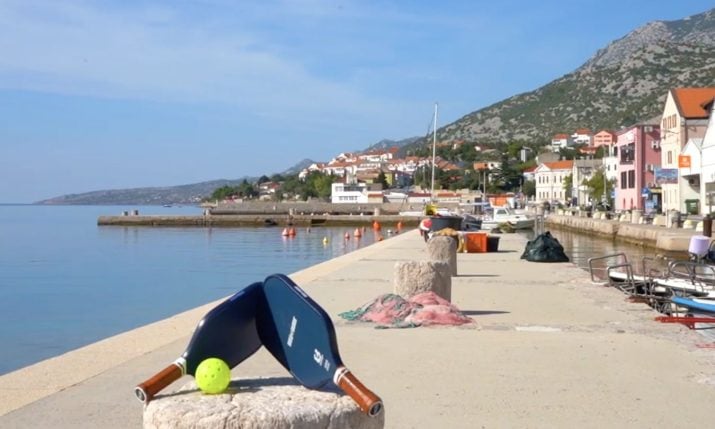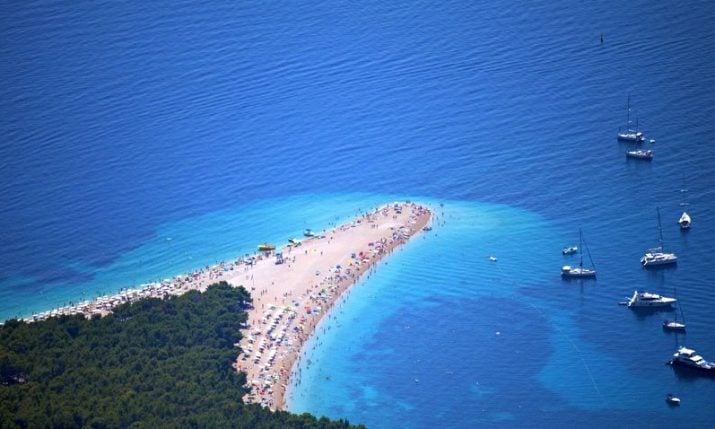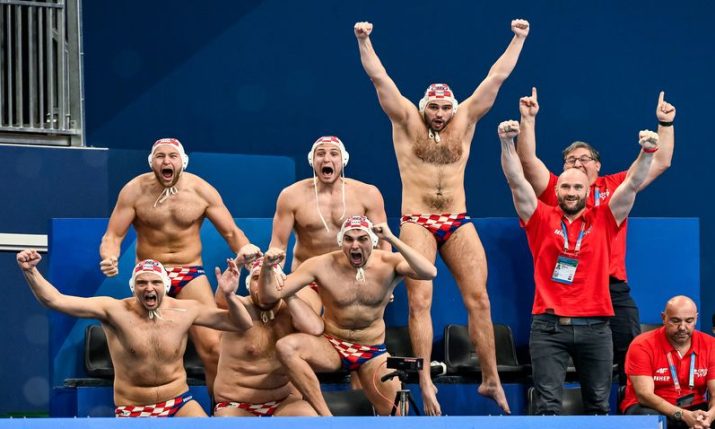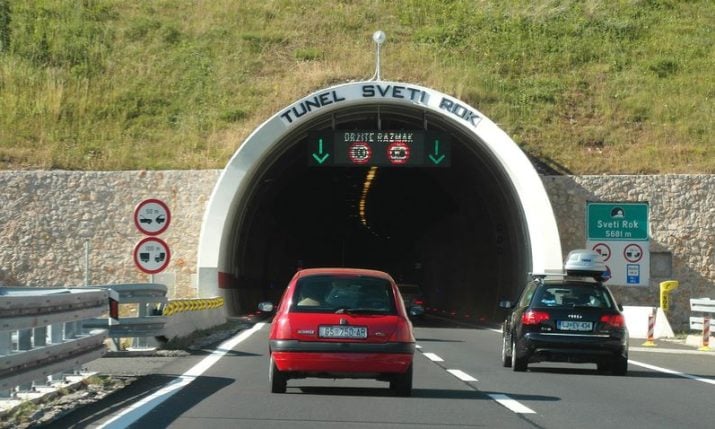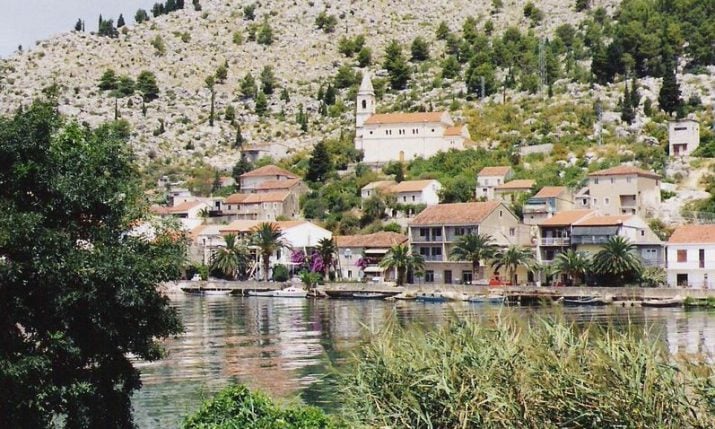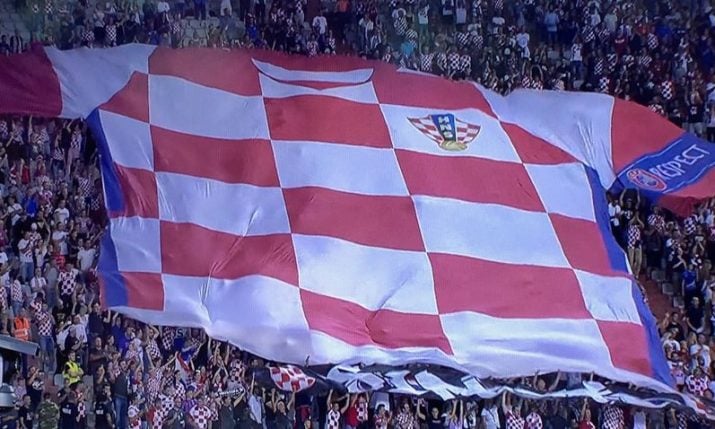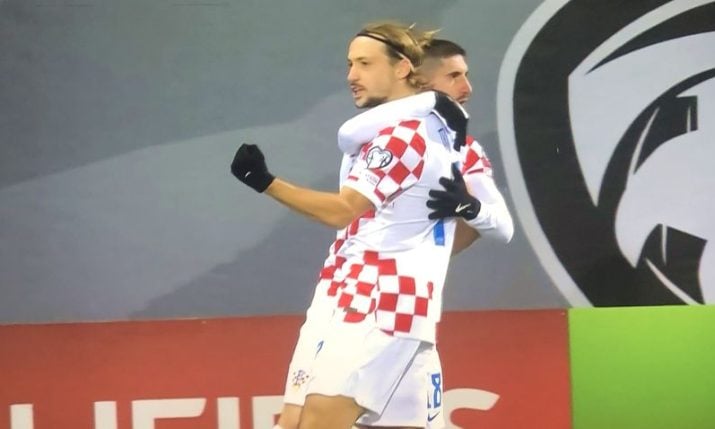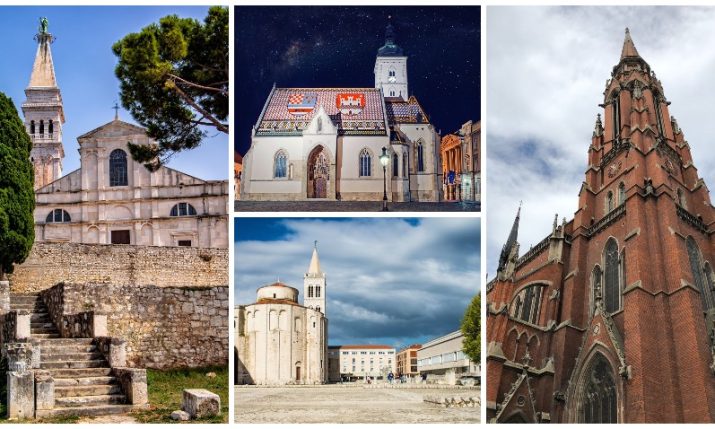The “Novi Messi”: Alen Halilović’s Move to Barcelona
- by croatiaweek
- in Sport
The leading European football clubs are, it seems, constantly seeking foreign talent and are as of late rather fond of finding it in exotic places—Argentina, Africa, and now the Balkans. Perhaps some of the motivation is the sheer amount of cash in their coffers to spend on players—hey, why not take a chance when you can afford to do so?—but there are teams that have made their names on successful foreign superstars all the same—Argentine Lionel Messi at Barcelona or Croatia’s own Luka Modrić at Real Madrid. Granted, these teams are huge, fabled, and forever part of football lore across Europe, but for their contemporary repute they could do far worse than to have the megastars they’ve sought out and the massive sum Real Madrid paid for the Welshman Gareth Bale only proves how crucial such talent is to the leading teams today. And it’s not just the Spanish: the Italians and especially the British have been taking the same route, with Tottenham Hotspur in the Premier League snatching up Danish midfielder Christian Eriksen from Ajax in the Netherlands in August of 2013.

Now, Croatian wunderkind and Dinamo Zagreb prodigy Alen Halilović is going to Barcelona after many months of intense speculation over what club he’d sign with and many cases of him nearly signing at Tottenham Hotspur and elsewhere only for him, his father, or Dinamo backing out in the last moment. A few days ago via social media, Halilović posted about his transfer to Barça, a rare case of a player announcing the news prior to any official word from Dinamo, his current side. Yet for me, word from Alen himself was enough even before any further official statement: after all he has been through with almost-been transfers falling apart, he certainly would not dare claim an actual transfer to a leading club if he wasn’t certain of it. Barça is a logical club for Alen, too: Now, just like Real with Luka, Barça has a Croatian with the potential for real greatness. Barça is a key, leading, club that could well benefit in press-relation and fan terms with bringing in someone foreign, someone very young, someone who has stardom ahead of him and can use Barça’s ample resources as the arena to develop into that player all of us in soccer journalism believe he can become. Even if he leaves Barça, once he’s truly a great player—a Messi, a Bale—Alen will have Barça to thank as he’s now thanking Dinamo for giving him his schoolboy years and introduction to the professional game. There is nothing fans like more than to see a player come of age and become a superstar, and clubs that breed legends are remembered as such. Which brings us to what Dinamo gains from this deal: aside from money, they get their name out there as a side that can do what the top-flight British and Italian clubs long have done: provide consummate young players to go on elsewhere. You can buy yourself a Bale, but for less money get just as promising if less-developed player like Halilović: This deal makes that apparent. In a sense, this differs from when a European side has bought an African or South American player in that we’re dealing with a well-established but under-known Euro team here with Dinamo. Though they played the waiting game in this courtship for Alen very well, Dinamo had a tough call to make in the end: allow Alen to go to a team where he would, if nothing else, become better-known beyond Croatia or keep him to retain his talents. However much cash you get for Alen and whatever else comes in the bargain—and from the looks of things, the Barça deal will be very sweet for Dinamo—you lose Alen. You lose the shining star. You lose the reason for the whole newsworthy, headline-grabbing situation in the first place. Maybe that’s a lot of the reason earlier deals with Tottenham and others fell through even more than just the money: Dinamo wanted perhaps to enjoy the attention all this stirred up for a little while, and they got to for around six months.
Of course, the core of why trading Alen took so long was also because the very best fit had to be found: This stage in his career is essential, it is what will make him into one of the world’s top-flight players, or else it won’t. But whether he makes it or not, it happens here and now or won’t at all. At seventeen, he’s already in a rare arena for someone so young: Most of those he plays against for Dinamo (and now for Barça we can assume) as well as on Croatia’s national team are older and more experienced than him, yet Alen has demonstrated ample talent, cunning, and resourceful play against these opposing teams’ players in full. Alen is himself small, compact and fast, but will seem to the eye from the stands as a kid in a man’s game at times, tiny indeed compared to some on the field. Without a doubt, he can hold his own though: some of his best plays have been centered around coming out from nowhere on the pitch and getting to the ball in the nick of time. The question will be, can Alen adapt to Barça’s style of play quickly enough? He will be at a leading club—possibly the club in all of Europe, in any league, with the most to gain over the next two years. You look at Real Madrid then Barça and see Real at something of an apex now; if it’s to be Barça’s turn next, they have to make their move currently. Alen could well be part of that: Everything in his young career would suggest he should be able to adapt well to Barça and also to bring in that dynamic, swift, and sometimes utterly astounding ability to grab the ball with a deft touch of his foot he’s demonstrated already for Dinamo and Croatia. He’s stated he loves Barca, that they’re in fact one of his favorite teams and this was part of his reason for signing with them. We can only hope they’ll return the love and make a good place for Alen on their side.



